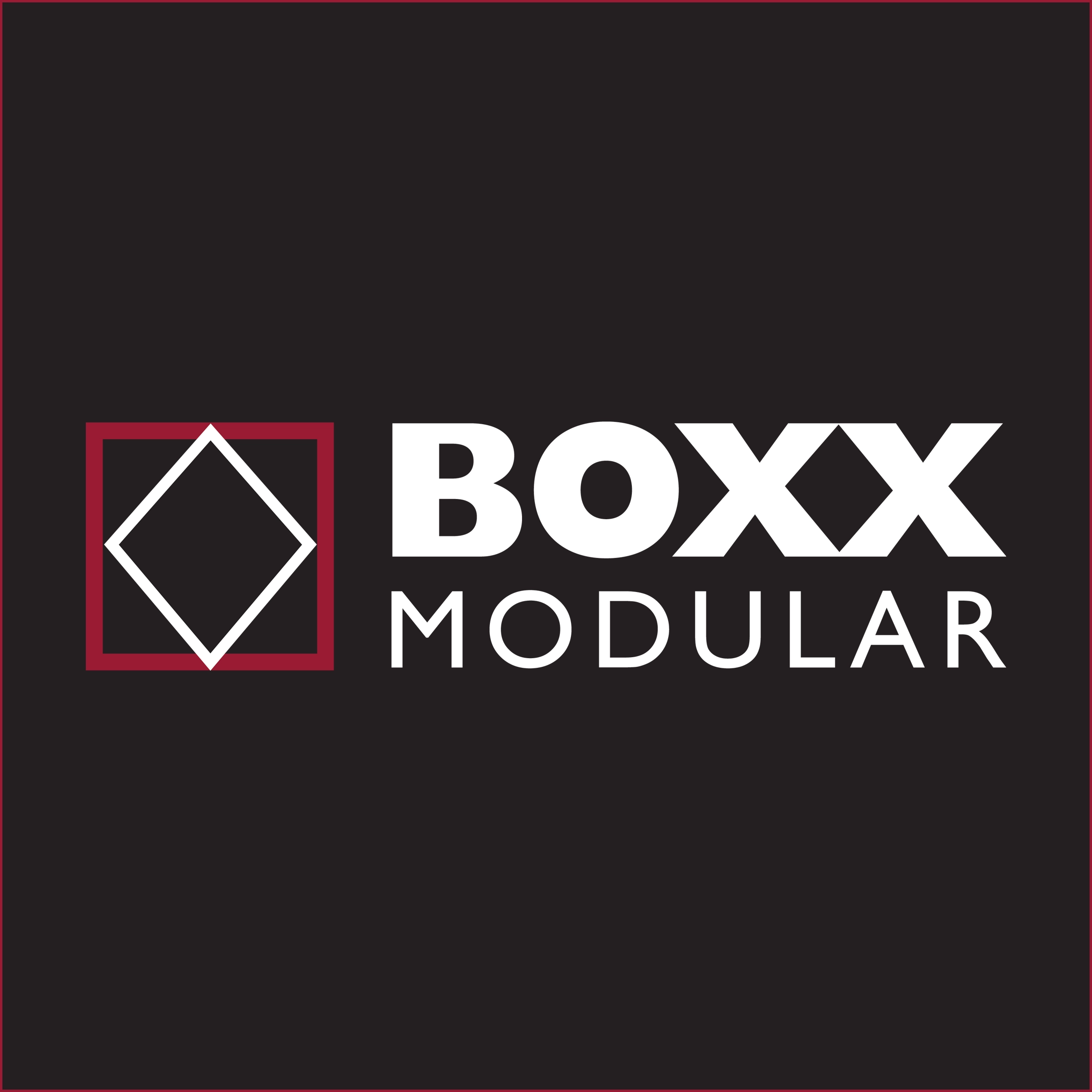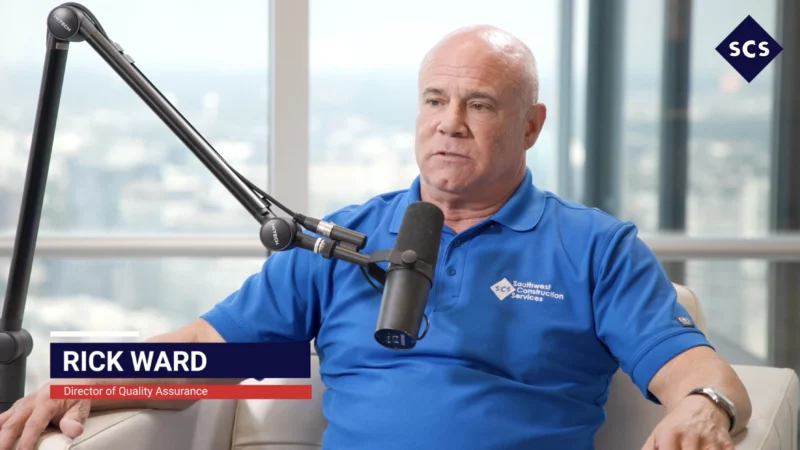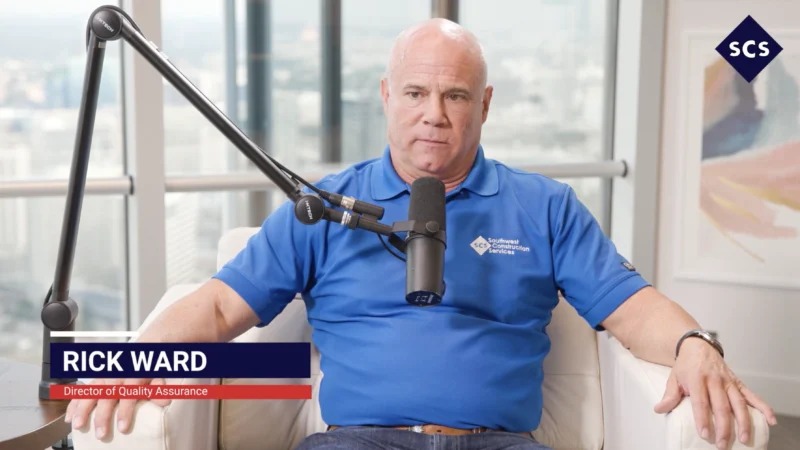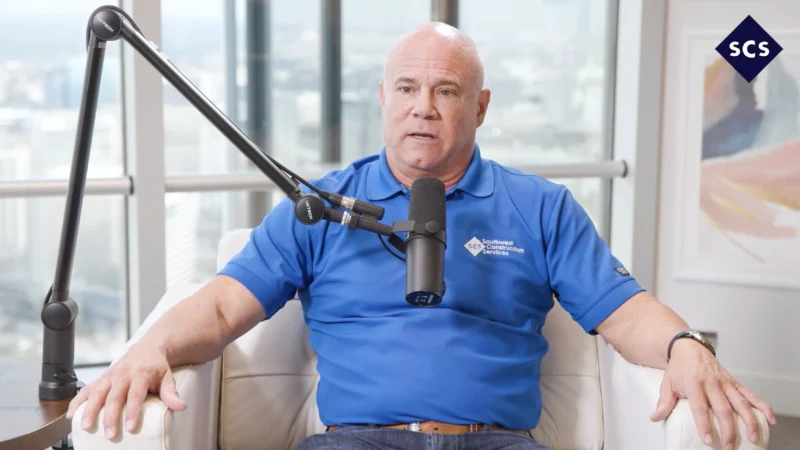A Deep Dive into the Construction of Modular Buildings
Mark Meyers, General Manager of Marketing Services at Vanguard Modular, joined host Daniel Litwin for a deep dive into the world of modular construction with a focus on designing, developing and delivering the individual modules that make up a complete building solution.
From the decisions that impact the quality and feasibility of a modular building to the strategies that work best for specific industries, Meyers and Litwin left no stone unturned.
For starters, what are the main differences between a modular building process and traditional construction?
“I would say the primary difference of modular versus conventional construction is that the buildings are constructed in sections in manufacturing facilities that may not be anywhere near the end construction site,” Meyers said. “Once these modules are constructed, then they’re delivered to the site, they’re put together, and they form a very similar building to a conventional structure.”
As for similarities, Meyers said both processes share a commonality with the types of materials used in construction. “The building materials, whether it be wood or steel or concrete, even the finishes, the windows, the doors, plumbing, fixtures; they’re all very much similar, if not the same, in both.”
And, while a customer may turn to modular construction for time and cost considerations, Meyers said that doesn’t reduce quality. “Our base spec is not going to provide you with something that’s going to fall apart in a year. That’s not the way that we operate. We make sure that our base spec supplies the quality that any customer requires. But there are always upgrades that can be put into any building.”
Follow us on social media for the latest updates in B2B!
Twitter – @MarketScale
Facebook – facebook.com/marketscale
LinkedIn – linkedin.com/company/marketscale




